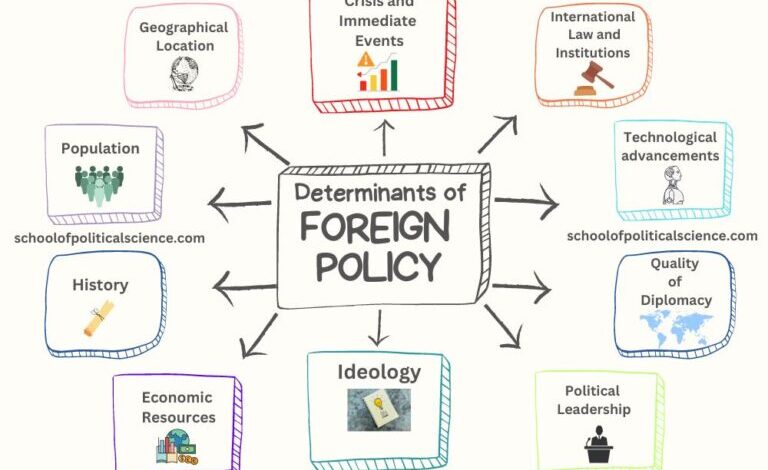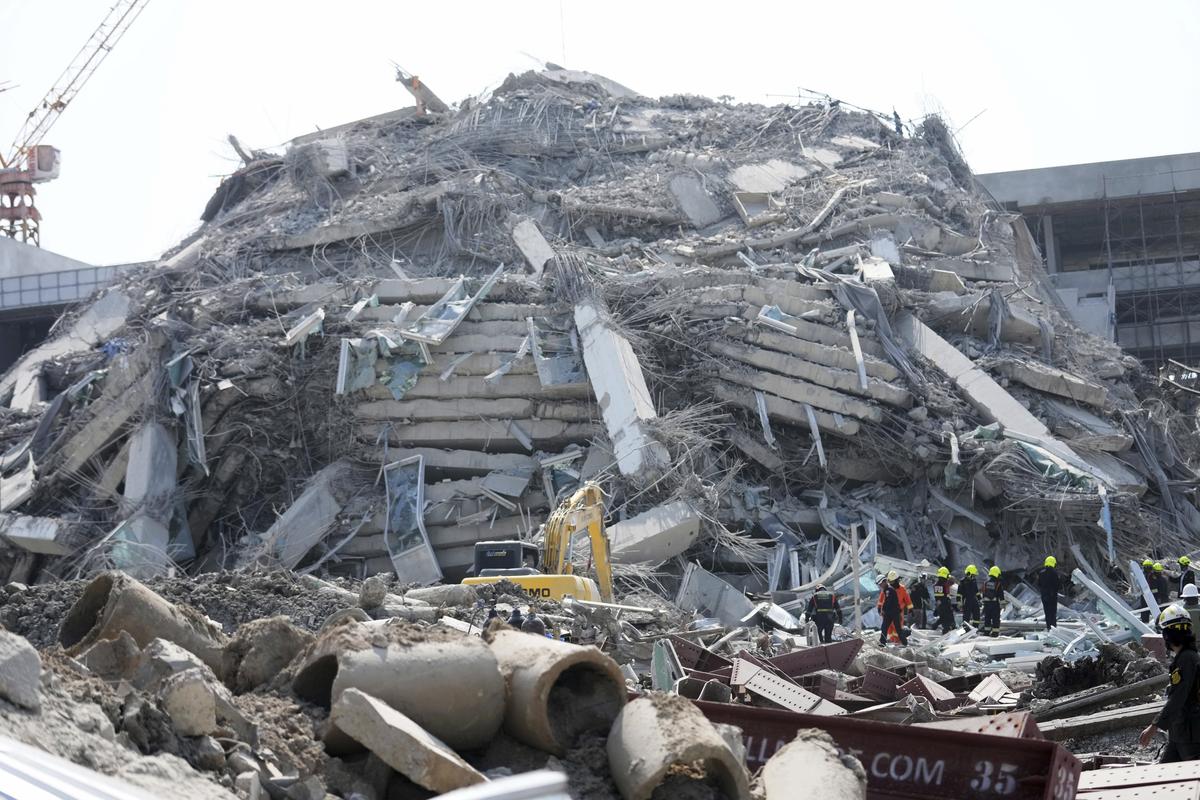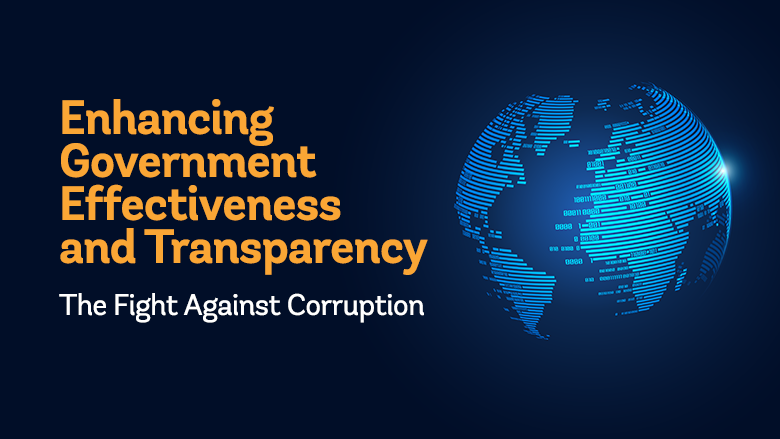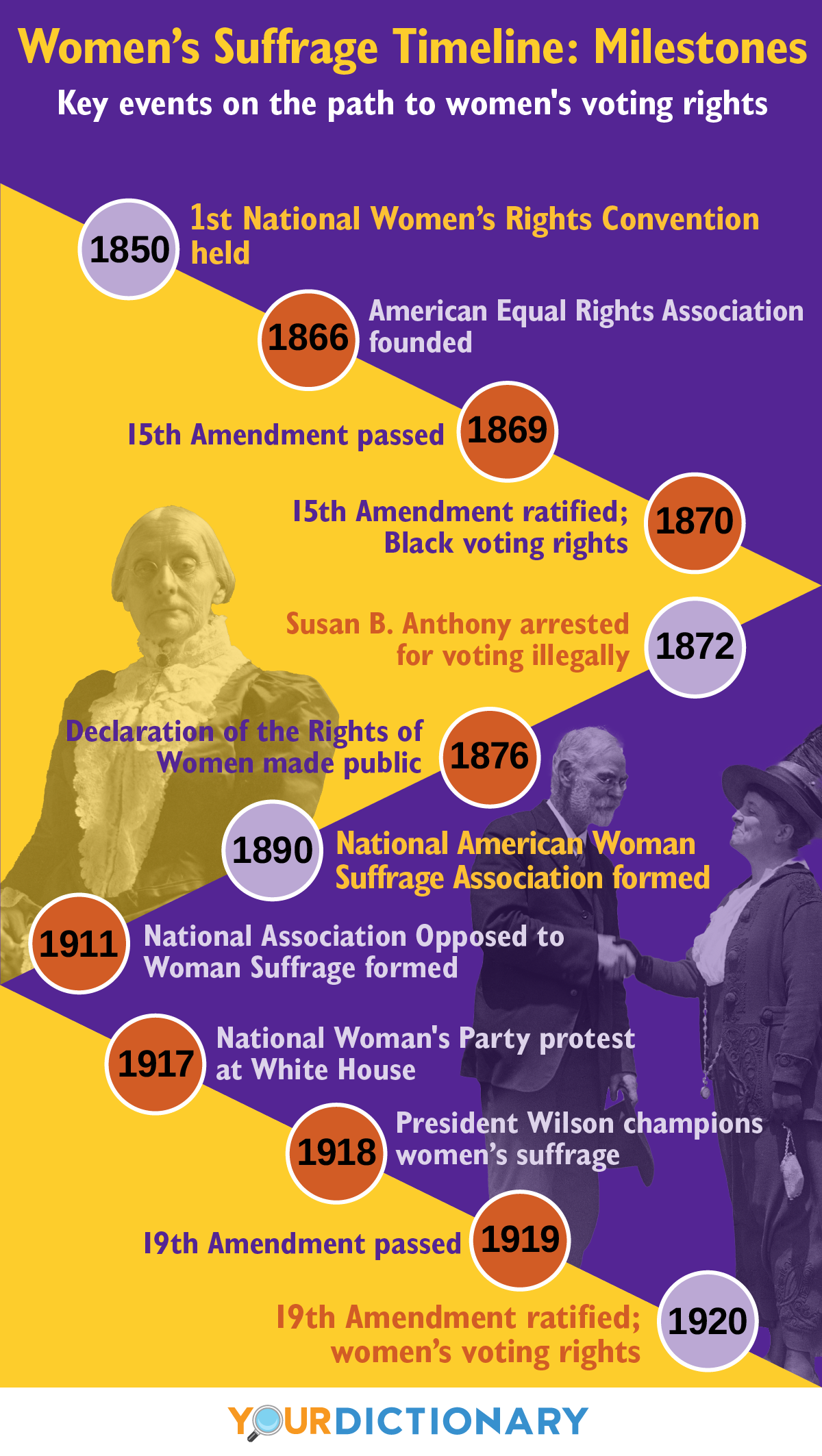Global Ripples: How World Politics Affects Your Town

“`html
The Ripple Effect: How Global Politics Shapes Your Local World
We often think of politics as something that happens “up there,” in Washington D.C., or even on the international stage, far removed from our daily lives. However, the truth is that global political events have a surprisingly significant and immediate impact on local policies and your everyday experiences. It’s easy to feel disconnected, but understanding this interconnectedness is crucial for informed citizenship and effective advocacy.
Understanding the Interconnected Web
The world isn’t a collection of isolated nations; it’s an intricate web of relationships—economic, political, social, and environmental. Decisions made on a global scale – trade agreements, international conflicts, climate change policies, even shifts in currency values – send ripples outwards, influencing local economies, regulations, and the very fabric of our communities.
Let’s break down *how* this happens. It’s rarely a direct, one-to-one relationship; instead, it’s often a series of cascading effects.
Economic Impacts: Trade Wars & Supply Chains
Trade agreements are a prime example. When the U.S. government negotiates a trade deal with another country (or when trade deals between other nations affect us), that impacts local businesses and jobs. For instance, tariffs on imported steel can increase costs for manufacturers in your town, potentially leading to layoffs or higher prices for consumers. Conversely, favorable trade agreements might open up new markets for local farmers or exporters.
Furthermore, consider the increasingly complex global supply chains that underpin almost everything we buy. A political instability in a country that produces a crucial component for your car, phone, or even your groceries can lead to shortages and price increases right here at home. The COVID-19 pandemic starkly demonstrated this vulnerability; disruptions in manufacturing hubs like China caused widespread product scarcity and inflation globally.

Currency fluctuations also play a role. A weakening dollar, for example, makes imported goods more expensive and can impact local businesses that rely on international trade.
Environmental Policy: Climate Change & Resource Management
Climate change is arguably the most pressing global political issue with profound local consequences. International agreements (or lack thereof) on reducing greenhouse gas emissions directly affect your community’s vulnerability to extreme weather events like hurricanes, floods, and droughts. Local governments must then adapt – building stronger infrastructure, developing emergency preparedness plans, and investing in renewable energy sources.
Beyond climate change, international policies regarding resource management—like fishing quotas or regulations on mining—impact the availability of resources that local industries depend upon. For instance, restrictions on logging overseas could affect the timber supply for construction projects in your area.
Conflict & Geopolitical Instability: Humanitarian Aid & Security
International conflicts have a wide range of impacts beyond just news headlines. They can lead to refugee crises that require local communities to provide aid and support. Furthermore, shifts in geopolitical power dynamics influence defense spending, which in turn affects federal funding for programs that benefit local areas.
The cost of fuel is also heavily influenced by global political instability. Conflicts in oil-producing regions can dramatically impact gasoline prices at your local gas station.
Immigration & Refugee Policies: Community Impact
Immigration and refugee policies are deeply intertwined with global politics. Political decisions regarding border security, visa programs, and asylum claims directly affect the demographics of your community and the resources available to support new arrivals. Local schools, healthcare systems, and social services all feel the impact.
Human Rights & International Law: Ethical Considerations
Human rights concerns abroad can influence local policy through ethical consumerism and advocacy efforts. For example, if a company is sourcing materials from a country with a poor human rights record, consumers may choose to boycott their products, putting pressure on the company to change its practices.
International law also plays a role. While not always directly enforceable domestically, it can shape public opinion and influence local government actions regarding issues like environmental protection or labor standards.
The Role of Local Governments & Citizen Action
So, what can be done? It’s easy to feel overwhelmed by the scale of these global forces. However, local governments have a vital role to play in adapting to and mitigating the impacts of global politics.
- Investing in resilience: Building infrastructure that can withstand extreme weather events.
- Promoting economic diversification: Reducing reliance on industries vulnerable to global trade fluctuations.
- Supporting renewable energy: Addressing climate change and reducing dependence on fossil fuels.
- Fostering inclusivity: Welcoming and supporting immigrants and refugees.
experiences
But it’s not just up to governments. Citizen action is crucial! Staying informed about global events, engaging in political discourse, advocating for policies that align with your values, and supporting organizations working on these issues can make a real difference.
Conclusion: A Call for Awareness & Engagement
The connection between global politics and local life is undeniable. Ignoring this link leaves us vulnerable to unforeseen challenges and limits our ability to shape a more just and sustainable future. By understanding the ripple effect, we can become better-informed citizens, advocate for policies that protect our communities, and contribute to a world where local and global interests are aligned.
Don’t underestimate the power of your voice – it’s part of the solution!
“`



